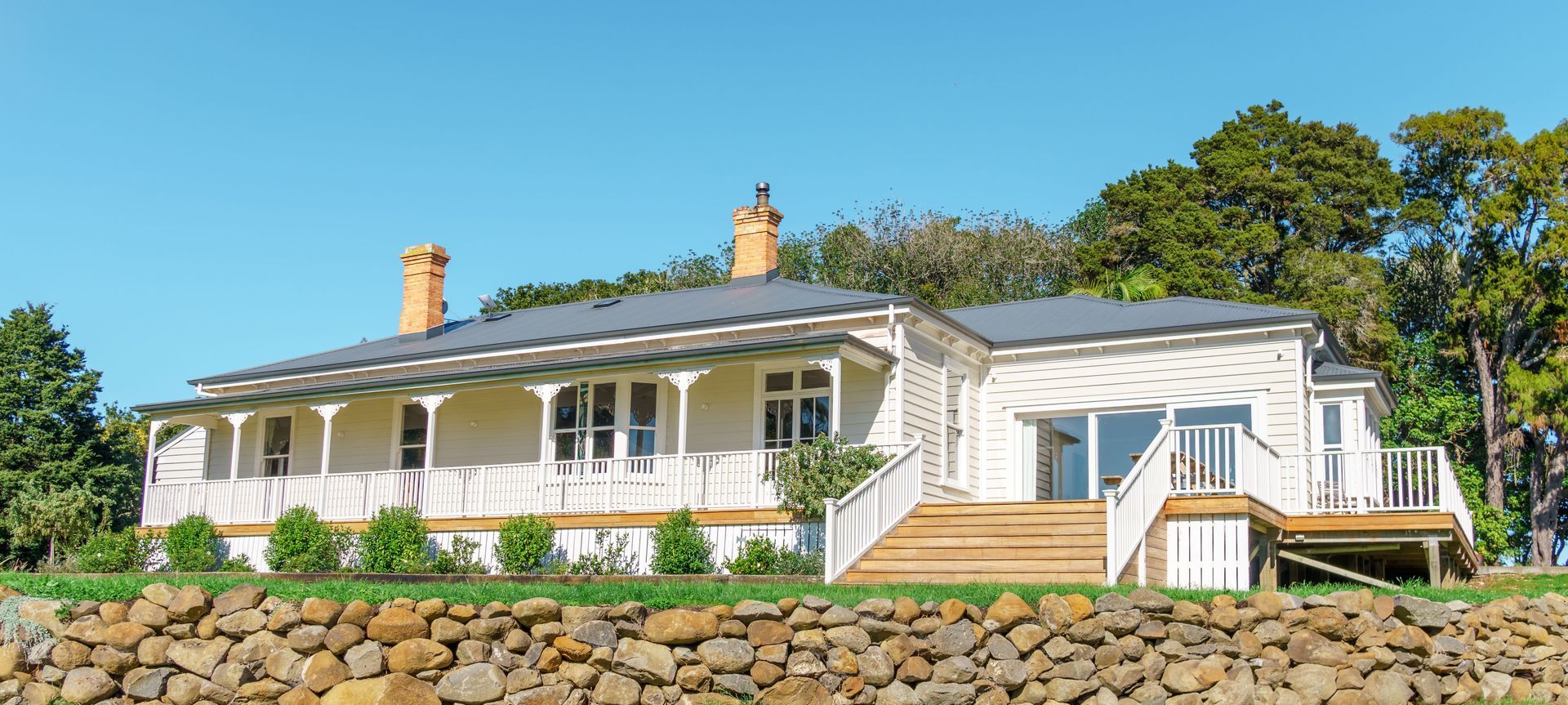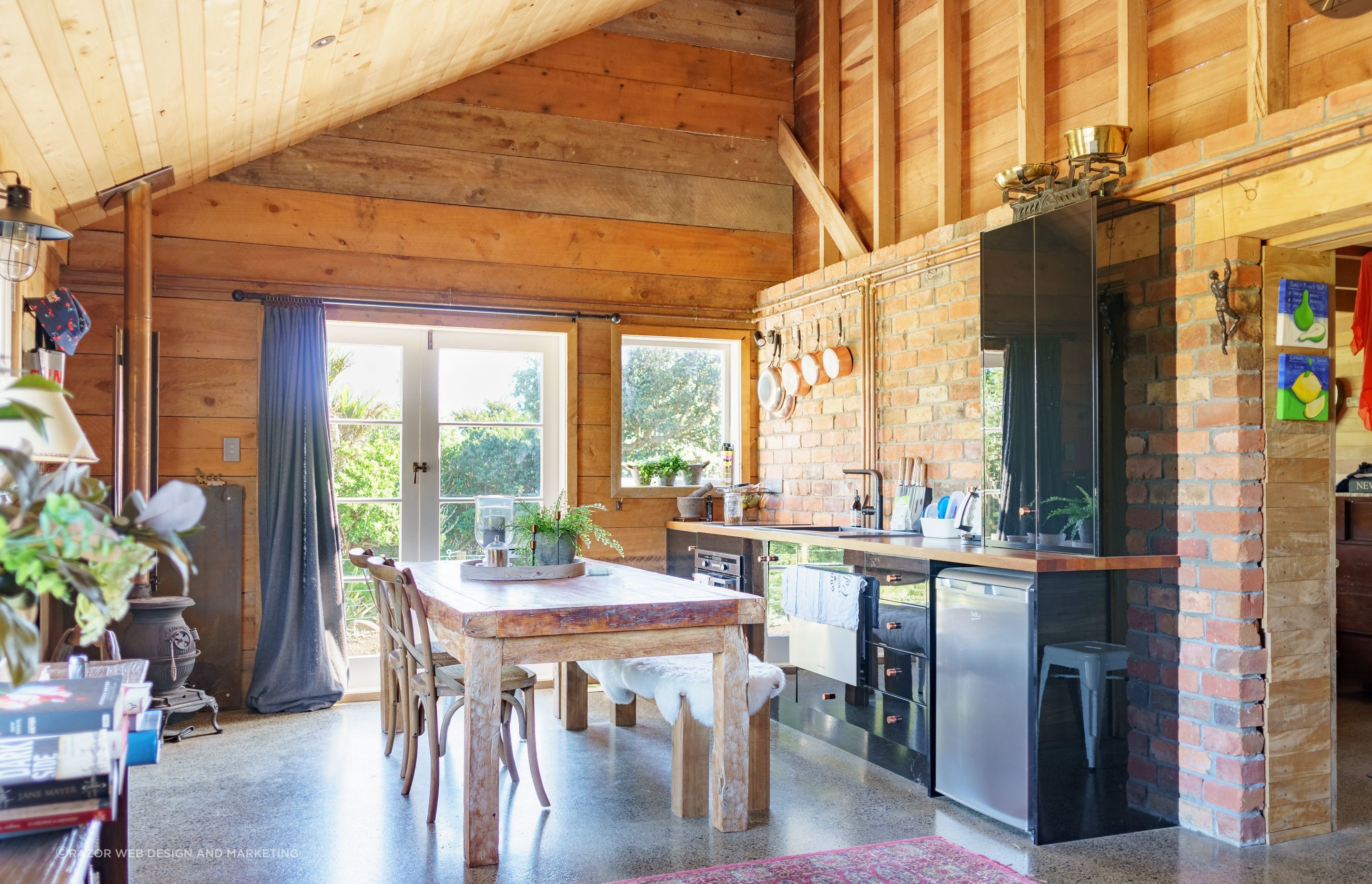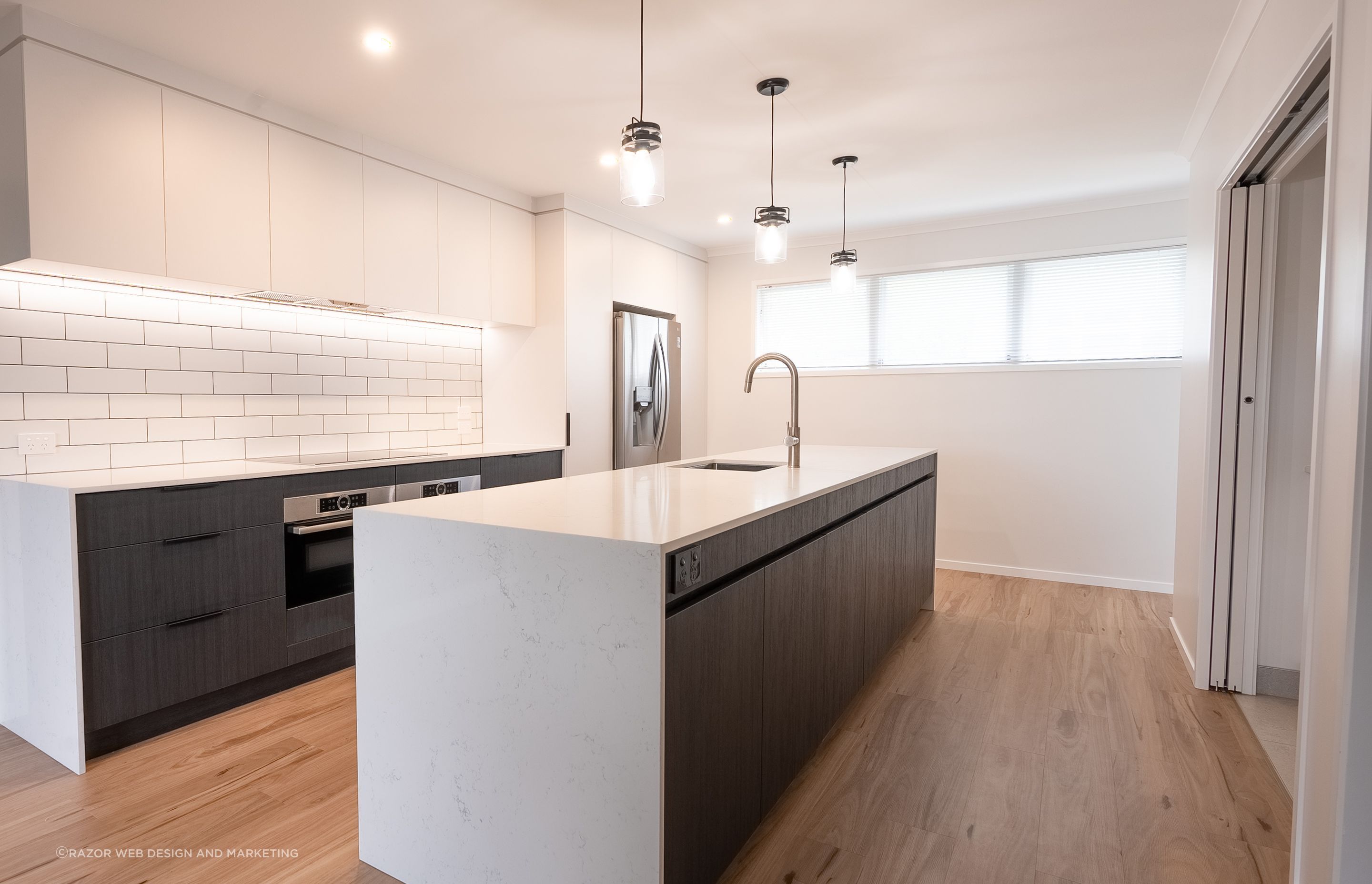Reduce the stress of your first renovation with advice from a building expert
Written by
08 February 2024
•
4 min read

Renovating is exciting, but it can also be extremely stressful — particularly if it's your first time. From budgeting to sourcing materials, each step of the process needs proper planning and preparation to ensure a smooth build. With years of renovation experience, SAS Builders Director Shaun Spillane knows first-hand the challenges that can arise. So, to help you prepare for your renovation project, we asked Shaun to share his advice and recommendations on everything from finances to finding the right builder.

Planning your renovation: rooms, design style, and budgets
Whether you're planning a refurbishment of your home's original character, or taking an entirely new design approach, it's important to spend some time researching the style you want and the costs involved before you do anything else.
“We're advocates for budget led design," Shaun says. “It's best if a homeowner has a clear understanding of their budget and the design aspects available to them. Sites like ArchiPro are a great way to find inspiration at this stage."
Some design styles — particularly those that feature high-end materials or custom joinery — will set you back significantly more, so having a clear understanding of expected costs from the beginning will reduce the chance of expensive surprises down the road. Similarly, some rooms in the house cost more to renovate than others. "Bathrooms and kitchens are the most expensive as there are so many different trades involved, while bedrooms and living rooms tend to cost the least," Shaun explains.
If you're working with a small budget, renovating one or two rooms rather than tackling the whole house is a great way to achieve the result you're looking for without overspending. Plus, by only working on a few rooms at a time, you're less likely to need alternative accommodation — an expense often unaccounted for in renovation budgets.


Choosing a build team: green flags, red flags, and renovation experience
"Once you know which part of your home you would like to renovate, and you have a clear budget in mind, you can start looking for a reputable builder," Shaun says. "We always recommend having your architect, builder, and quantity surveyor on board at the same time, as it will save you a lot of stress, time, cost blowouts, and miscommunication issues."
When looking for a builder, Shaun says renovation experience is key. Check their website and social media for photos or case studies on renovation projects they have completed in the past, and read up on testimonials from previous clients. If they can't provide any information on past renovation jobs, Shaun suggests looking elsewhere.
“It's also important to work with a builder who has clear and transparent cost tracking software, as this will give you clarity on costs throughout the project. If they aren't clear on how they will track the costs, and don’t have a system in place — especially in regards to variations — that's a red flag. I would also recommend looking for someone who has a clear handover process for when the project is completed," Shaun says.
If you're working on a character or heritage home refurbishment, finding a builder with experience in these projects is an asset but not a requirement, Shaun adds. "Any skilled craftsperson should be able to undertake a renovation, regardless of the home's style." Of course, as previously mentioned, prior renovation experience is key; conducting thorough background checks on any potential builders to ensure they have the required skills will save you headaches in the long run.

Safeguarding your build
Older homes, especially those that have been renovated a few times in the past, can be hiding unpleasant secrets behind the walls or under the floors. From asbestos to shoddy wiring, there can be any number of obstacles that pop up along the way. This is why one of the main mistakes first-time renovators make is underestimating costs.
To avoid nasty surprises, setting contingency funds is a must, Shaun says. "I'd also recommend asking your builder to provide you with a written estimate of the areas they expect to have variations prior to starting the project." With this information, you can set money aside so you're covered in the event of plan variations or unexpected roadblocks.
While we can dot the i's and cross the t's, renovations rarely go to plan — so, when undertaking such a significant financial investment, it's better to be over-prepared. Spending time understanding the plans, asking questions (even the obvious ones), and setting clear timelines and expectations with your build team will help safeguard your build from those avoidable mistakes. And, if you're planning a renovation in the near future, don't hesitate to reach out to Shaun at SAS Builders for more expert advice.
Learn more about SAS Builders.